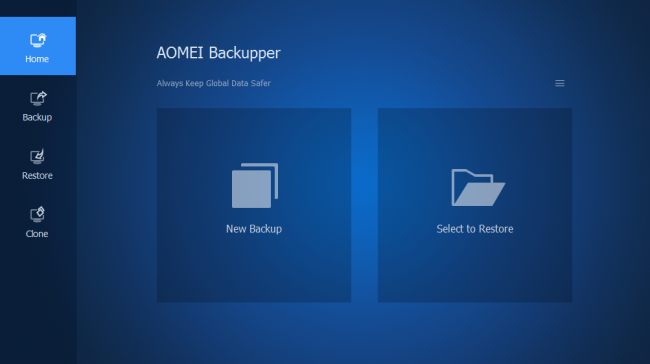

By the year 2022, the HR software market is expected to cross the USD 10 billion thresholds. Here is when a big arises- What is driving this tremendous growth?
Some prominent drivers include advantages from HR technology adoption such as increased security productivity levels, and decreased costs and risks. At the same time, emerging technologies such as mobile, cloud, and analytics are also some other factors that are transforming the nature of HR software in India. As a result, there is no dearth of options for such systems in the market today.
Now, how can Indian businesses pick the right HRIS amidst this disruption? Without any doubt, the selection process is a challenge not just because of the multiplicity of solutions available in the market but also because the technologies underpinning them keep changing rapidly. Hence, a company should map its HR processes, identify its key human resources problems, and integrate the findings into its search strategy. This will, undoubtedly, make the selection process easier and more effective. In addition to this, answering some essential questions is also acutely important.
Here are four questions that you should ask yourself, which will certainly help you to invest in a system that is efficient, safe, and future-ready.
First Question: Is the system flexible and scalable?
While it is vital to make sure that the HRIS software you consider has all the crucial features, an equally important factor is the flexibility of the system. Only a scalable HRIS can scale with the growth of a business. From regulatory changes, advances in technology, to other major developments, an HRIS system should be capable enough to adapt to every change without the need for extensive customization.
Need to mention, ensuring the high degree of third-party integrations as well as leveraging cloud-based technologies are also essential to acquire flexibility and scalability.
Second question: Does the HRIS easily integrate with the existing HR software?
Before investing in HRIS software, the next vital question to ask is, does the system integrate with your existing HR systems? Most often, people forget or intentionally skip the integration part of an HRIS.
According to a survey, considering an integration strategy can impact the overall business outcomes by 20 percent. Yet, only 17 percent of companies choose to integrate HR applications, with 47 percent handling them on a case-by-case basis. Now, an integrated HRIS software can significantly drive compliance, improve process efficiencies, and provide better user experiences with more seamless interfaces across multiple HR technologies.
Third question: How will you train HR professionals?
After spending a good amount of time and effort in finding, customizing, and implementing HRIS software, several companies presume that the hardest part is over. But, if the HR executives do not know how to use the system, even the top-notch HRIS software can be doomed for failure. Hence, providing proper training sessions to your HRs is critical.
When it comes to the training process, employers should identify the tasks HR managers will be able to complete at the end of the training. Use methods to measure and understand the effectiveness of training. Besides, it is also vital to check that the right medium is used to implement the training. One should also end the training with an interactive session wherein HR managers and employees can ask their doubts and get them cleared in the training itself.
Fourth question: Does it provide data security?
With increasing scrutiny of data security and privacy, it has become crucial to have assurances from software providers. To avoid risks and data breaches, companies should rely on HRIS software that not just handles sensitive employee data but also assures 100% data safety.
Most importantly, employers should also make sure the software’s backup, recovery procedures, and disaster recovery strategy. Furthermore, the password policy of the software should also match your company’s internal policy. Along with this, role-based access restrictions can help you control internal threats to data security and improve ease of use, employee confidence, and data integrity.
That’s it.
We hope this blog helped you to learn more about human resources information systems.
All in all, the right HRIS software will boost the competitiveness of your company. The growing need for workforce mobility in developing countries such as China and India is one of the major reasons for the rapid adoption of HR technology in the Asia Pacific region. In the year 2017, businesses in Asia-pacific led the rest of the world in the adoption of talent management solutions.
So, it is clear that regardless of the complexity or the size of your organization, the right HRIS software can help you increase productivity levels while providing your employees with the tools to increase organizational competitiveness.
So, what are you waiting for? Take a step ahead and find one of the best HRIS software for your business.




